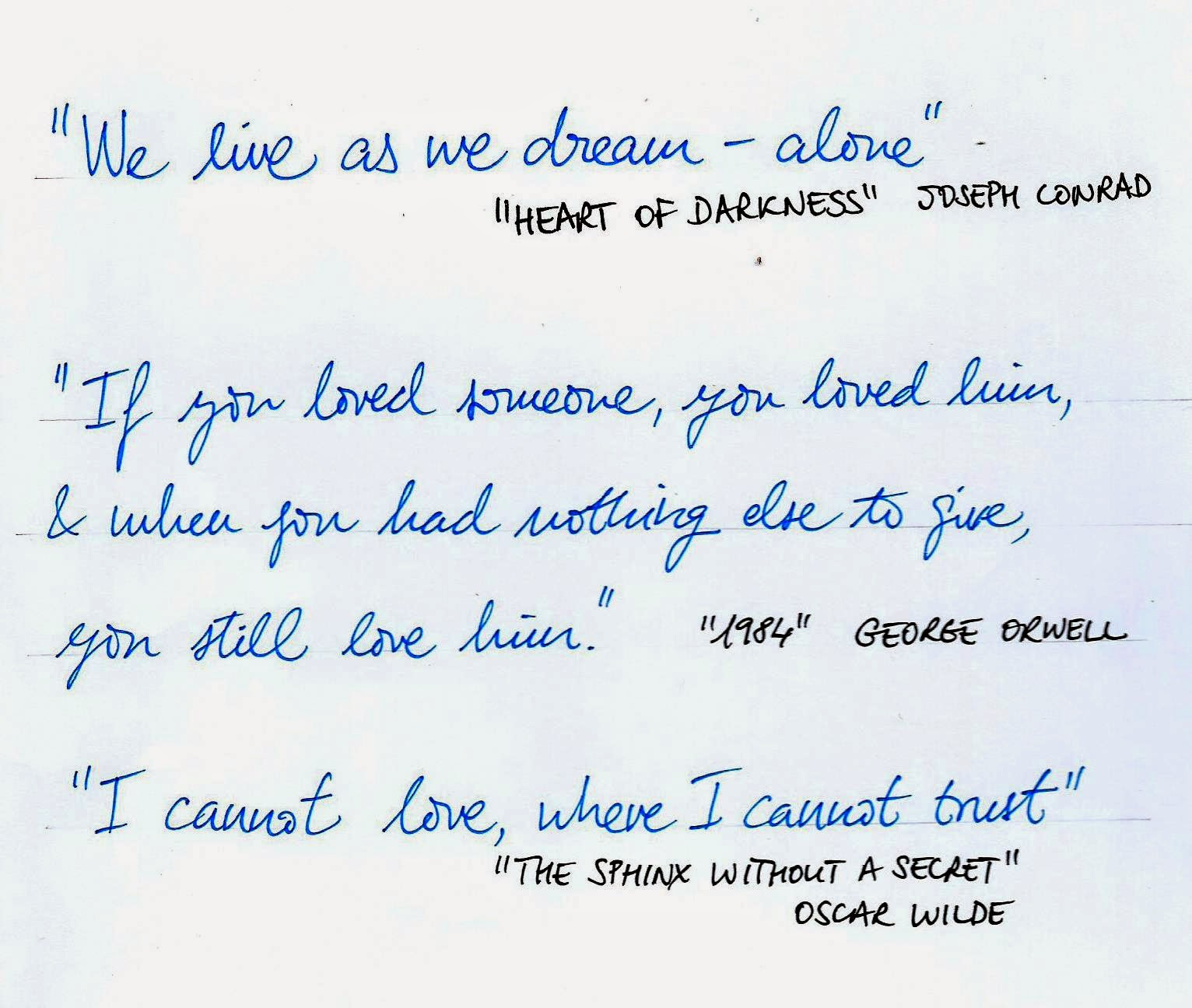(6th Cultural Week-14: Writing in the 21st century)
Emoticons, 'emojis' or smileys are certainly the new way of communicating of the digital era. Emoticons have come a long way since the days of :-) and they are already 32 years old.
Link:The emoticon celebrates its 30th birthday (Sept'12)
Thanks to "emojis" (from Japanese = "picture character") we can express complex emotions and ideas in a simple way when textmessaging,whatsapping or tweeting.
On this post we can see some ranking results, above and on the left.
The latter was a survey carried out in 2014 by Matthew Rothenberg on Twitter in real time. The survey was made counting tweets in many languages from Arabic to Chinese, English... and the resulting TOP 100 is the one on the left. Hearts top the list by far and love is also prominent.
If we are to answer the previous question, these are the results from 2014:
- These are the leading countries of each emoticon family:
babies - Latin America
cats - Brazil
female themed icons - the UK
violence - Canada
holidays - Australia
parties/'fiestas' - Spain
sadness - USA Hispanics
hearts - France
happy faces - Turkey
romanticism - Russia
flowers - Arab countries
hand signs - Malaysia
- The French use the heart icon, in any of its versions, four times more than average. Russians use romantic icons (kisses, love-letters, kissing couples) three times more than average.
- USA is the worldwide leader in the use of the chicken thigh, the aubergine (this use considered obscene), the birthday cake and the money bag.
- French & Vietnamese are the ones who seldom use smileys related to homosexuality, such as the rainbow or same-sex couples holding hands.
- The smiling poo is mostly used in the USA, the UK and Brazil. It's considered a funny emoji, but Russians don't seem to like it much.
More and more people have fun using emoticons to write the names of songs, films, sentences, short stories.
Here are some funny ones we've found:
- Can you decode this message?
(Scroll to the end of the post for the translation*)
- A summary of "Les Miserables"
*Translation: "Writing in longhand takes too much time and space, so in the future this newspaper will be written entirely in emoticons and sent directly to your mobile phone."
If we are to answer the previous question, these are the results from 2014:
- These are the leading countries of each emoticon family:
babies - Latin America
cats - Brazil
female themed icons - the UK
violence - Canada
holidays - Australia
parties/'fiestas' - Spain
sadness - USA Hispanics
hearts - France
happy faces - Turkey
romanticism - Russia
flowers - Arab countries
hand signs - Malaysia
- The French use the heart icon, in any of its versions, four times more than average. Russians use romantic icons (kisses, love-letters, kissing couples) three times more than average.
- USA is the worldwide leader in the use of the chicken thigh, the aubergine (this use considered obscene), the birthday cake and the money bag.
- French & Vietnamese are the ones who seldom use smileys related to homosexuality, such as the rainbow or same-sex couples holding hands.
- The smiling poo is mostly used in the USA, the UK and Brazil. It's considered a funny emoji, but Russians don't seem to like it much.
Here are some funny ones we've found:
- Can you decode this message?
(Scroll to the end of the post for the translation*)
- A summary of "Les Miserables"


















.jpg)








































